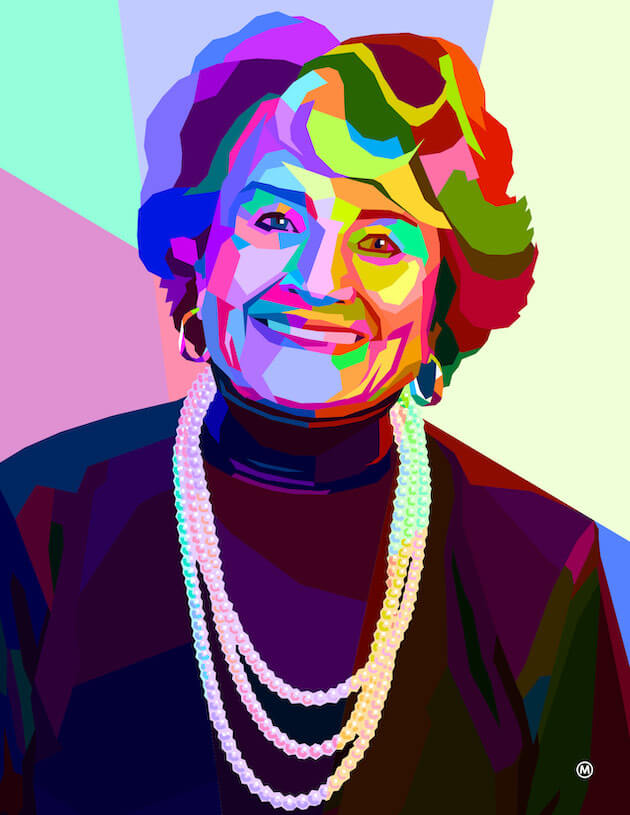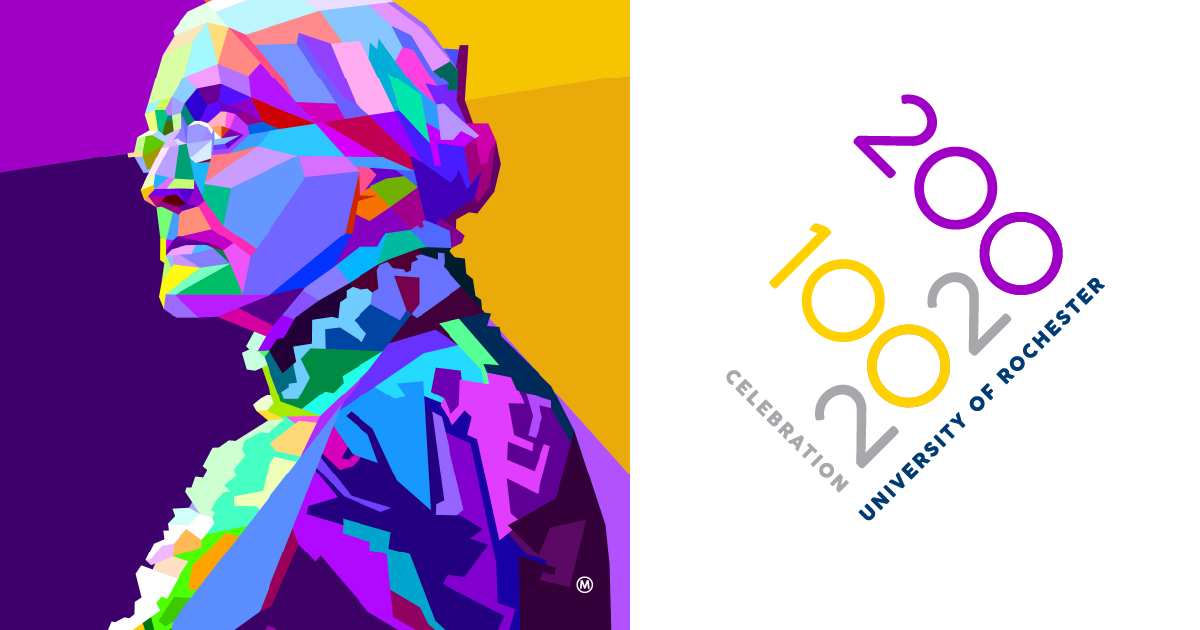American politician representing upstate New York in the United States House of Representatives for 16 consecutive terms.

Louise Slaughter delivered on her promise “to give voice to the voiceless” on Capitol Hill.
Slaughter served her country, the state of New York, and the city of Rochester as a Democrat from Rochester’s 25th District. She held her position in the House of Representatives for 16 consecutive terms—more than 30 years—until her death in 2018 at the age of 88.
Born Dorothy Louise McIntosh, she was the daughter of a blacksmith in the heart of Kentucky coal country. Her distinct Kentucky drawl would become instantly recognizable to the Rochester community.
Slaughter earned a bachelor’s degree in microbiology and a master’s in public health from the University of Kentucky. Her in-depth knowledge of science and health care would shape Slaughter’s political agenda for decades to come. Specifically, it gave rise to the Genetic Information Nondiscrimination Act of 2008, a measure that paved the way for a potential sea change in medical science and human understanding.
“In addition to everything else we’ve learned through genetics is that we are, all of us, 99.99% the same. If we don’t come up with anything else in this world, we must all know that, make everyone understand that, and with that understanding, we might have a better society to live in.”
—Louise Slaughter
Slaughter began her political career in Fairport, a suburb of Rochester. She was a stay-at-home mom for some time, raising three daughters. However, Slaughter said she “came out of the kitchen” in 1971 to cofound the Perinton Greenlands Association. This organization was aimed at preserving open spaces in the Perinton community. Although their efforts failed to save Hart’s Woods from development, Slaughter did not give up.
Invigorated by the pursuit for justice, Slaughter went on to serve in the Monroe County Legislature and the New York State Assembly. She worked for several years as regional coordinator for the secretary of state, and, later, for Lieutenant Governor Mario Cuomo.
In 1986, Slaughter won a seat in the House of Representatives. She became a powerful advocate for many critical issues, including women’s health, reproductive rights, medical research, genetic testing, and environmental conservation.
As leader of the Congressional Women’s Caucus and cochairwoman of the Congressional Pro-Choice Caucus, Slaughter advocated for family planning, biomedical research, and technological developments. While serving on the House Budget Committee, she succeeded in funding breast cancer research at a time when all medical research at the National Institutes of Health was reserved for white males alone.
Slaughter likewise established the Office of Research on Women’s Health and coauthored the National Institutes of Health Revitalization Act of 1993, thereby ensuring the inclusion of women and minorities in all federal clinical trials. A decade later, the National Institutes of Health honored Slaughter as a Visionary for Women’s Health Research.
“Our girls have learned that sweat is sexy, brawn is beautiful, and a little dirt never hurt anyone.”
—Louise Slaughter
In addition, Slaughter supported Rochester’s National Endowment for both the arts and the humanities. As cochair of the Congressional Arts Caucus, Slaughter fought to maintain funding for these agencies throughout her career. In this and in many ways, Slaughter showed her support for the University of Rochester and the educational community at large.
The University acknowledged Louise Slaughter’s accomplishments with both the Presidential Proclamation in 2014 and the Eastman Medal in 2009. We are forever grateful for the leadership she provided. Her legacy continues to inspire new generations of women hoping to serve their communities.
Awards and Honors
- The Science Coalition, Champion of Science Award
- Foremother Award from National Center for Health Research
- Rochester’s train station named in honor of Louise Slaughter
- Women’s Hall of Fame inductee



